Your gut makes 90% of your body’s serotonin. Yet most people hurt their digestive health every day without knowing it.
You feel bloated after meals. Your stomach hurts for no reason. You try different diets but nothing works long-term.
The problem? You don’t know which foods actually help your gut. Online advice conflicts with what your doctor says.
This article gives you daily recommended foods for gut health that nutritionists actually use with their clients. You’ll learn what to eat for breakfast, lunch, and dinner. Plus simple meal timing that fixes digestive health problems.
No more guessing. No more conflicting advice. Just proven foods that work.
These strategies come from registered nutritionists who help people fix gut problems every day. You can start feeling better tomorrow.

Why Your Daily Food Choices Matter More Than Supplements
You spend $50 on probiotic pills but still feel bloated. Your gut health hasn’t improved after months of expensive supplements. Here’s what actually works better.
Your gut bacteria change within 24 hours of what you eat. Studies from Nature journal prove this happens fast. Skip one day of gut-friendly foods and your microbiome shifts backward.
Real food beats supplements every time. A cup of Greek yogurt has more live bacteria than most probiotic pills. Sauerkraut gives you fiber AND probiotics that supplements can’t match.
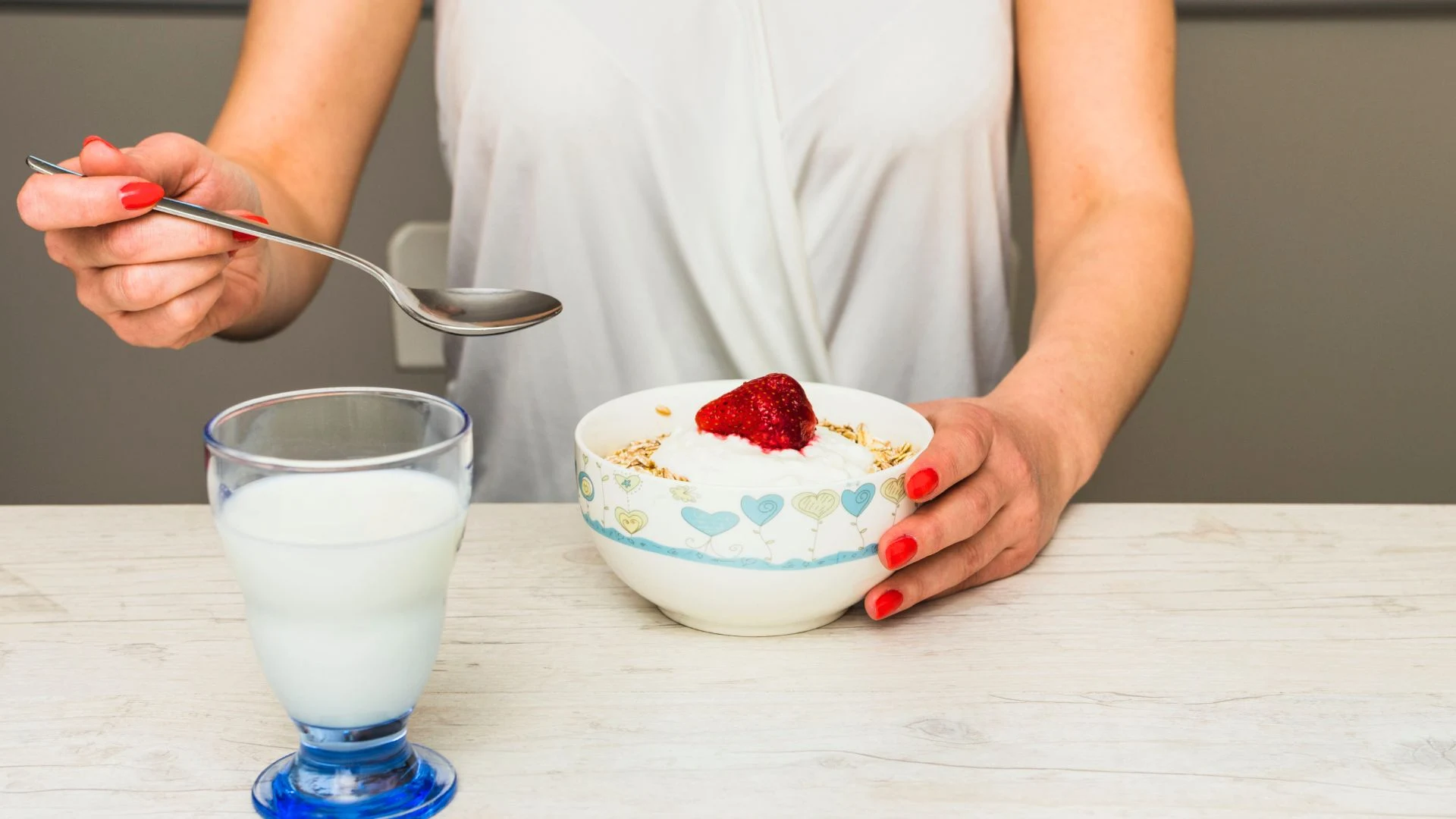
Consistency matters more than perfect eating. You don’t need to eat perfectly 100% of the time. The 80/20 rule works better for most people.
Eat gut health foods nutritionists recommend 80% of the time. Save 20% for pizza nights and birthday cake. This keeps you on track without going crazy.
Your daily habits build long-term digestive health. Think of it like brushing your teeth. One day won’t ruin everything, but what you do most days matters most.
Here’s why this works: 70% of your immune system lives in your gut (Harvard Health). Feed it well daily and everything else gets easier. Your energy improves. Your mood gets better. Even your skin clears up.

Supplements can’t replace real food. They work best when you already eat well. But if you only pick one, choose daily gut-friendly meals over expensive pills.
The bottom line: What you eat today changes your gut bacteria tomorrow. Focus on feeding the good bacteria with real food most days. Skip the guilt when you’re not perfect.
Your gut responds to consistency, not perfection.
The Nutritionist’s Morning Gut Health Starter Kit
You wake up bloated every morning. Your stomach feels heavy before you even eat. Here’s how to start your day right for better digestive health.
Start with warm lemon water 30 minutes before eating. This wakes up your digestive system gently. Skip ice water – cold drinks shock your gut awake too fast.

Wait at least one hour after waking to eat breakfast. Your gut needs time to get ready for food. Eating too early can cause bloating and slow digestion all day.
Greek yogurt beats regular yogurt every time. Look for brands with Lactobacillus acidophilus and Bifidobacterium strains listed on the label. These are gut microbiome friendly foods that actually work.
Try overnight oats with one tablespoon of ground flaxseed. Mix oats, unsweetened almond milk, and flaxseed the night before. The fiber feeds good bacteria while you sleep.
Green tea works better than coffee for morning gut health. Coffee on an empty stomach increases acid production. Green tea has less caffeine but more gut-protecting compounds.
If you do intermittent fasting, break your fast slowly. Start with something light like bone broth or herbal tea. Then wait 30 minutes before eating solid food.
Skip these morning gut killers: sugary cereals, pastries, and energy drinks. They feed bad bacteria and cause blood sugar spikes. Your gut stays inflamed all day.

The best foods for digestive health daily include: plain Greek yogurt, steel-cut oats, ground flaxseed, and herbal teas. These morning choices set up your entire day for success.
Your gut has been fasting for 8-12 hours. Treat it gently and it will work better all day long.
Midday Powerhouse Foods That Heal Your Gut
Your energy crashes after lunch every day. You feel heavy and bloated by 3 PM. The problem isn’t just what you eat – it’s how you combine foods.
Your digestive fire is strongest at midday. This is when your body can handle heavier foods best. But most people waste this window with processed lunches that make them sleepy.
Here’s the perfect gut-healing salad template nutritionists recommend: Start with 2 cups dark leafy greens. Add 1/4 cup fermented vegetables like sauerkraut or kimchi. Include 4 ounces lean protein like grilled chicken or wild salmon.
Top with 1 tablespoon healthy fats – avocado, olive oil, or raw nuts. These fats help your gut lining heal from inflammation. They also help you absorb fat-soluble vitamins better.
Fiber feeds your good bacteria. Aim for vegetables in every color at lunch. Red bell peppers, orange carrots, purple cabbage, and green broccoli give different nutrients to different gut bacteria.
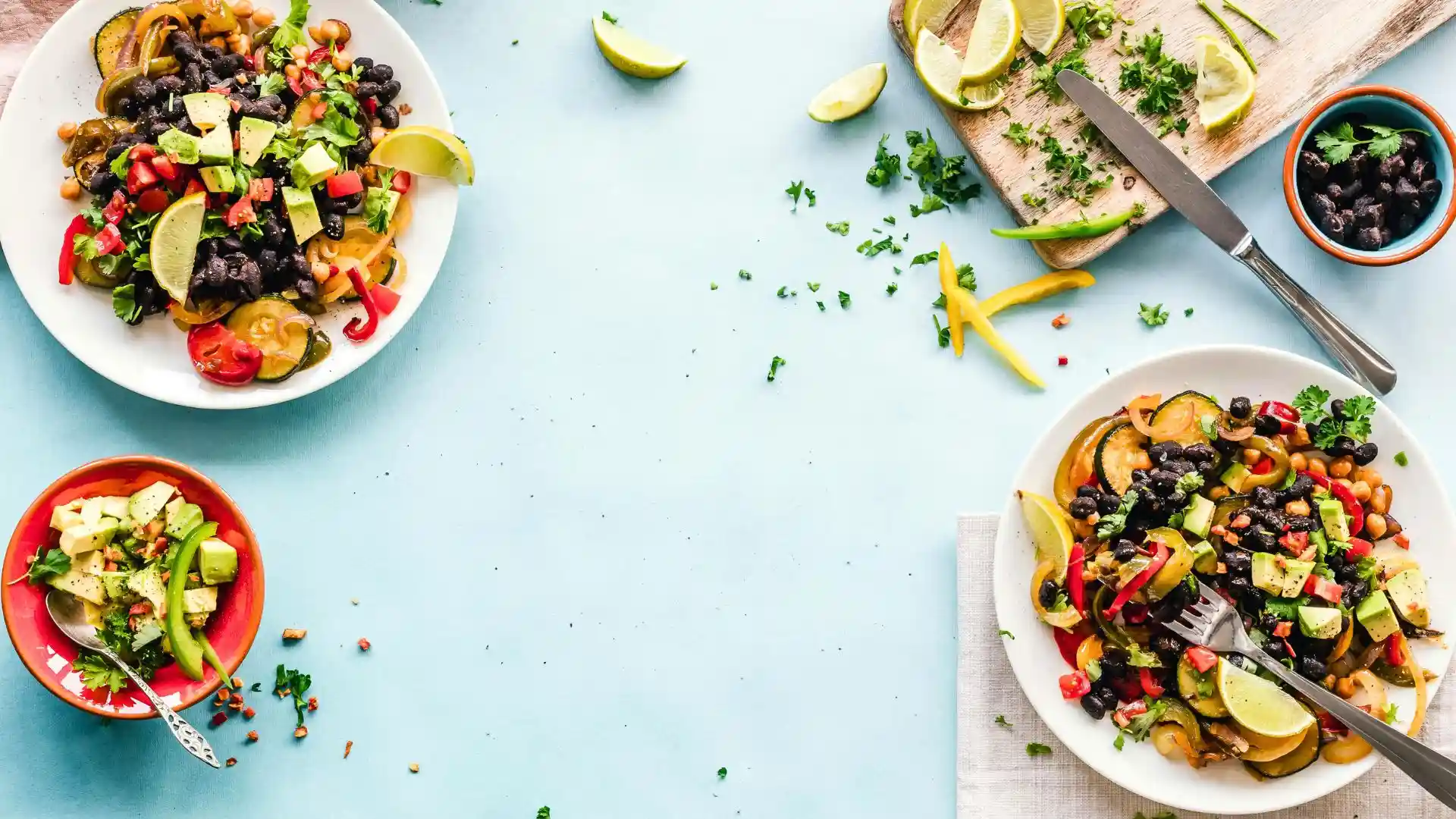
Bone broth works like medicine for your gut. Sip 1/2 cup before your main meal or use it as a soup base. The collagen helps repair your intestinal wall naturally.
Spices do more than add flavor. Turmeric reduces gut inflammation. Ginger helps food move through your system. Garlic feeds beneficial bacteria. Use all three daily for best results.
Eat slowly and chew each bite 20 times. Your stomach doesn’t have teeth – all digestion starts in your mouth. Fast eating leads to gas, bloating, and poor nutrient absorption.
Portion control matters for gut health. Fill half your plate with vegetables, one quarter with protein, one quarter with healthy carbs like sweet potato or quinoa. This gives your gut bacteria variety without overwhelming your system.
These daily recommended foods for gut health work when you eat them consistently. Your afternoon energy will improve within one week of following this template.
Evening Foods That Repair While You Sleep
You toss and turn all night with stomach pain. You wake up feeling bloated even though you didn’t eat much. Your evening food choices might be sabotaging your sleep and gut health.
Eat dinner 3 hours before bedtime. Your gut needs time to digest before you lie down. Late dinners force your body to work overtime when it should be resting and repairing.
Your gut does its best healing work while you sleep. Give it the right tools with gut microbiome friendly foods that support overnight repair processes.
Chamomile tea works like medicine for your digestive system. Drink one cup 30 minutes before bed. It relaxes your stomach muscles and reduces inflammation naturally. Plus it helps you fall asleep faster.

Try 2 ounces of tart cherry juice if you struggle with sleep. It contains natural melatonin that helps your gut-brain connection work better. Your digestive health daily improves when you sleep well.
Light probiotic snacks help if you get hungry before bed. Try 1/4 cup plain kefir or 2 tablespoons Greek yogurt. These feed good bacteria without overloading your system.
Magnesium-rich foods relax your digestive muscles. A small handful of pumpkin seeds or almonds can prevent nighttime cramping. Dark chocolate with 70% cacao also works – just keep portions small.

Skip these gut killers after 6 PM: spicy foods, caffeine, alcohol, and large meals. They irritate your stomach lining and disrupt sleep quality. Your gut can’t repair properly when it’s working hard to digest.
Herbal teas beat late-night snacks every time. Ginger tea settles upset stomachs. Peppermint tea reduces gas and bloating. Fennel tea helps with constipation naturally.
Your gut repairs itself best during deep sleep. Feed it gently in the evening and wake up feeling lighter and more energized.
The Science-Backed “Gut Health Plate” Method
You stare at your plate wondering if you’re eating right for your gut. Counting calories doesn’t work. Measuring food gets old fast. Here’s a simple visual method nutritionists actually use.
The 40-30-20-10 rule makes gut health easy. Fill 40% of your plate with colorful vegetables. Add 30% lean protein like fish or chicken. Include 20% healthy carbs like sweet potato or quinoa.
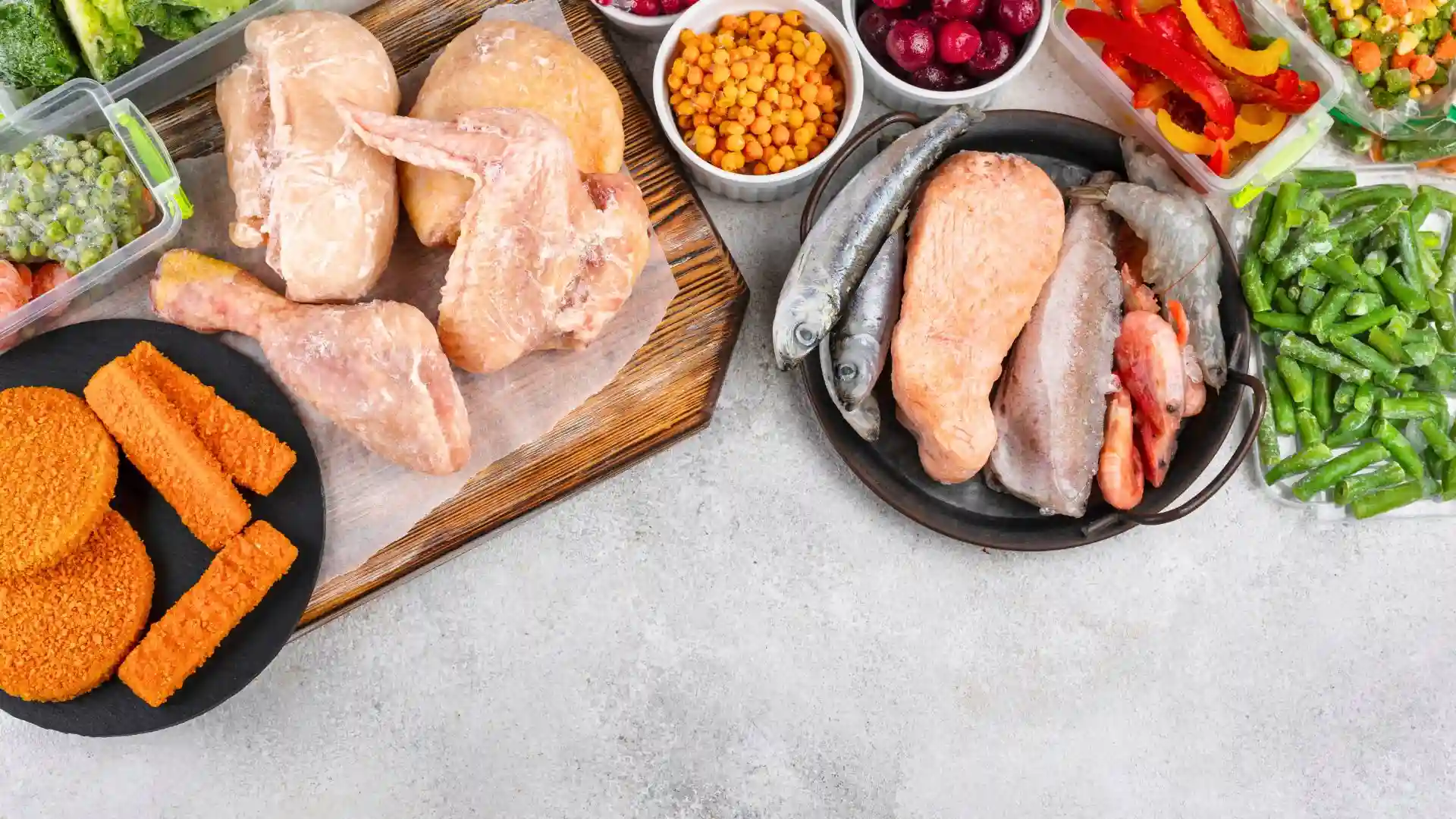
Save 10% for fermented foods or healthy fats. This could be a tablespoon of sauerkraut, a few olives, or half an avocado. This balance feeds good bacteria without overloading your system.
Prebiotics feed your gut bacteria. These are fiber-rich foods like onions, garlic, asparagus, and artichokes. Probiotics are live bacteria in yogurt, kefir, and fermented vegetables. You need both daily.
Meal prep makes this method work for busy people. Cook proteins in batches on Sunday. Chop vegetables and store in glass containers. Pre-make quinoa or brown rice portions.
Emergency gut-healthy snacks save you when life gets crazy. Keep these ready: apple slices with almond butter, Greek yogurt with berries, or carrot sticks with hummus. All follow the plate method rules.
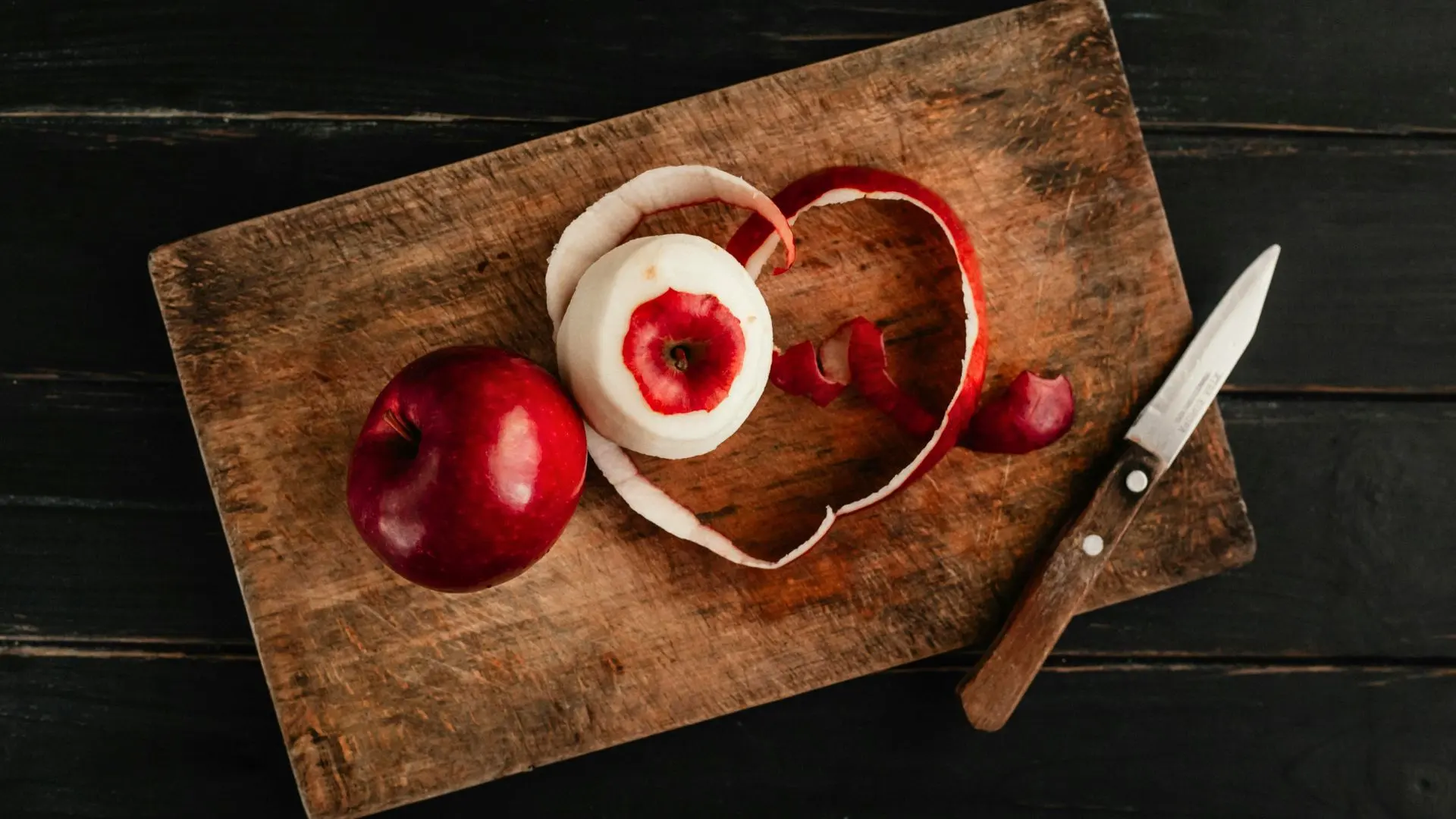
Travel doesn’t have to ruin your progress. Pack nuts and seeds for healthy fats. Find salads with protein at airports. Ask restaurants to substitute fries with vegetables.
The best foods for digestive health daily include variety. Your gut bacteria need different nutrients to stay balanced. Rotate vegetables by color each week. Try new fermented foods monthly.
Adjust portions based on your body size and activity level. Active people need more carbs. Sedentary people need more vegetables. The ratios stay the same – just change the total amount.
These daily recommended foods for gut health work because they’re sustainable. No measuring required. Just look at your plate and adjust the balance.
Foods to Limit (Not Eliminate) for Optimal Gut Health
You feel guilty every time you eat pizza or have a drink. Strict gut health rules make you miserable and lead to binge eating. Here’s a better way to think about “bad” foods.
Limit doesn’t mean eliminate. You can still enjoy treats without ruining your digestive health progress. The key is timing and frequency, not total avoidance.
Processed foods feed bad gut bacteria when you eat them daily. Chips, cookies, and fast food lack the fiber good bacteria need. But having them once a week won’t destroy your gut microbiome.
Sugar hits your gut hardest on an empty stomach. If you want dessert, eat it after a fiber-rich meal. The fiber slows sugar absorption and protects your gut lining from spikes.
Try these better swaps: Dark chocolate instead of milk chocolate. Sparkling water with fruit instead of soda. Greek yogurt with honey instead of ice cream. These still satisfy cravings but support digestive health.

Alcohol damages your gut lining when you drink regularly. One glass of wine with dinner occasionally is different from daily drinking. If you drink, eat gut health foods nutritionists recommend the next day to help repair.
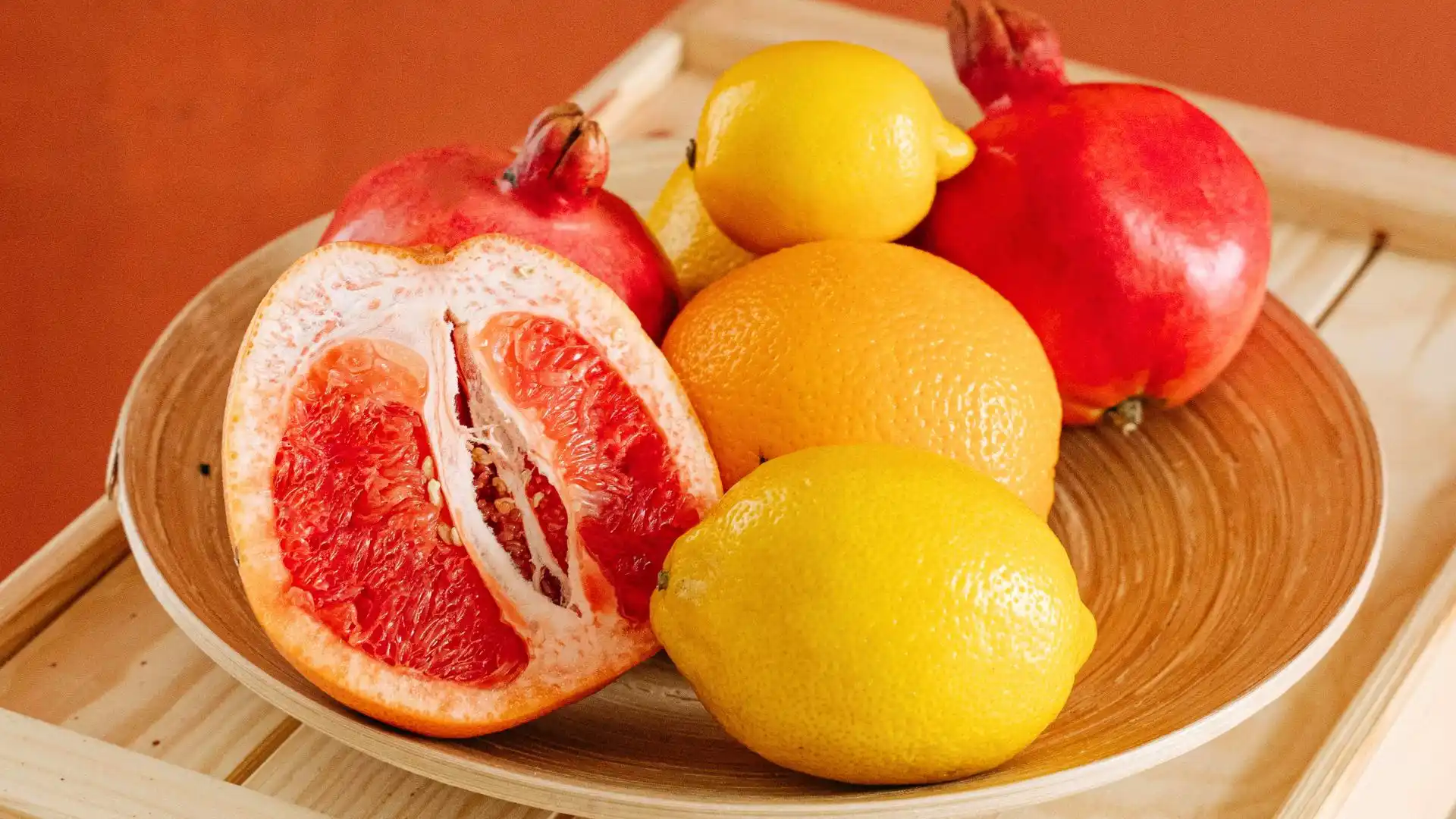
After a “cheat meal,” get back on track immediately. Drink extra water, eat fermented foods, and load up on vegetables the next day. Don’t wait until Monday to restart healthy eating.
Read labels for hidden gut disruptors. Artificial sweeteners, preservatives, and excess sodium all harm beneficial bacteria. If you can’t pronounce an ingredient, your gut bacteria probably can’t process it either.
The 80/20 rule keeps you sane and your gut healthy.
Building Your 7-Day Gut Health Meal Framework
You want to eat better for your gut but feel lost planning meals every day. You buy healthy food that rots in your fridge. Here’s how to create a simple weekly system that actually works.
Sunday meal prep saves your entire week. Spend 2 hours cooking gut microbiome friendly foods in batches. Cook proteins, chop vegetables, and make grains ahead of time. This prevents weekday takeout disasters.
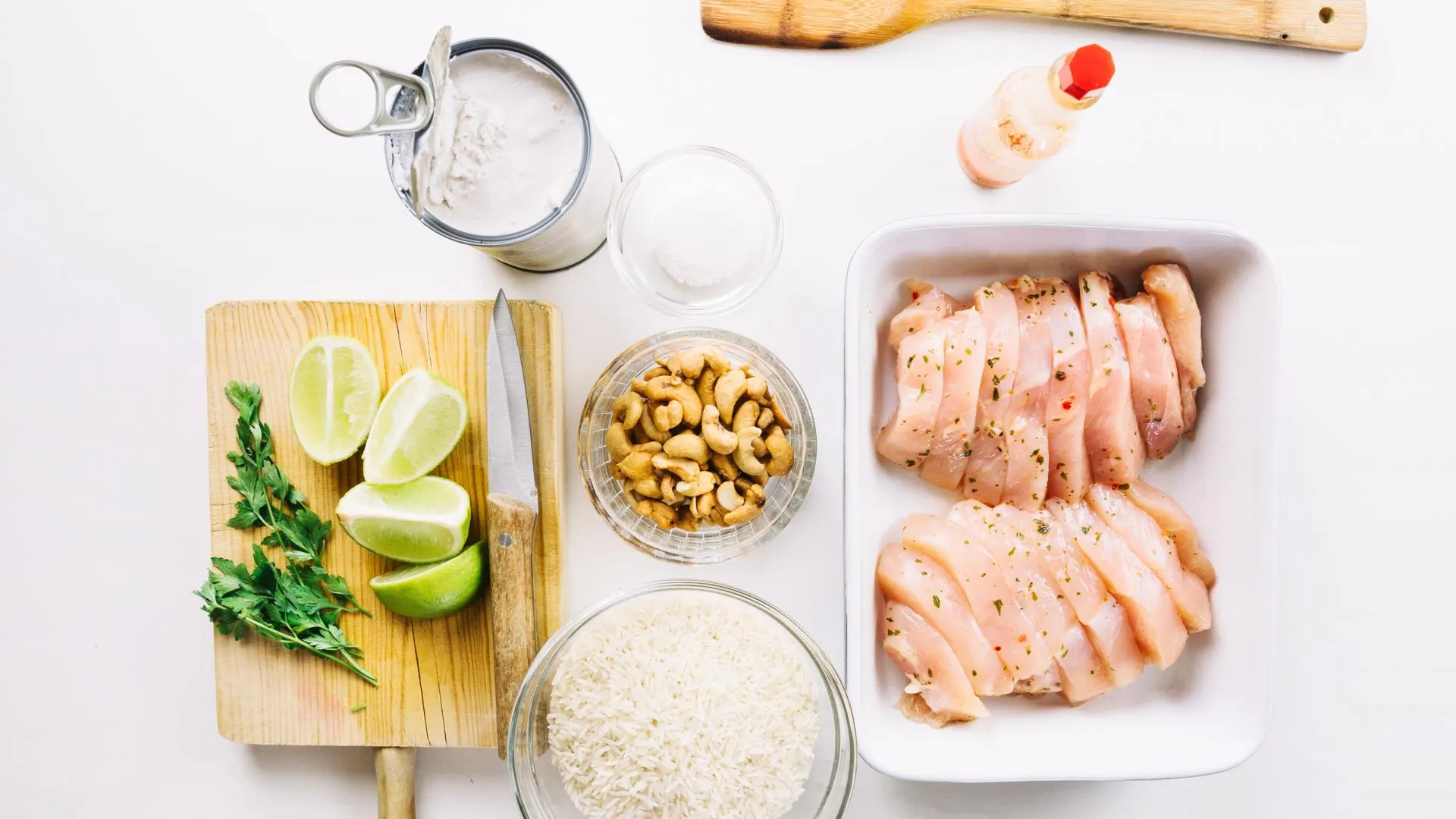
Start with these grocery staples nutritionists recommend: Greek yogurt, eggs, chicken thighs, salmon, sweet potatoes, broccoli, spinach, sauerkraut, and oats. These cover all your gut health bases without breaking the bank.
Sample week structure: Monday – salmon and roasted vegetables. Tuesday – chicken salad with fermented vegetables. Wednesday – Greek yogurt bowl with berries. Repeat similar combinations Thursday through Sunday with different spices.
Batch cook on Sunday: Grill 3 pounds of chicken. Roast 2 sheet pans of vegetables. Cook 2 cups of quinoa. Store everything in glass containers. Mix and match throughout the week.
Budget-friendly gut health works too. Frozen vegetables cost less and keep longer. Canned salmon has the same benefits as fresh. Dried beans are cheaper than meat but still feed good bacteria.
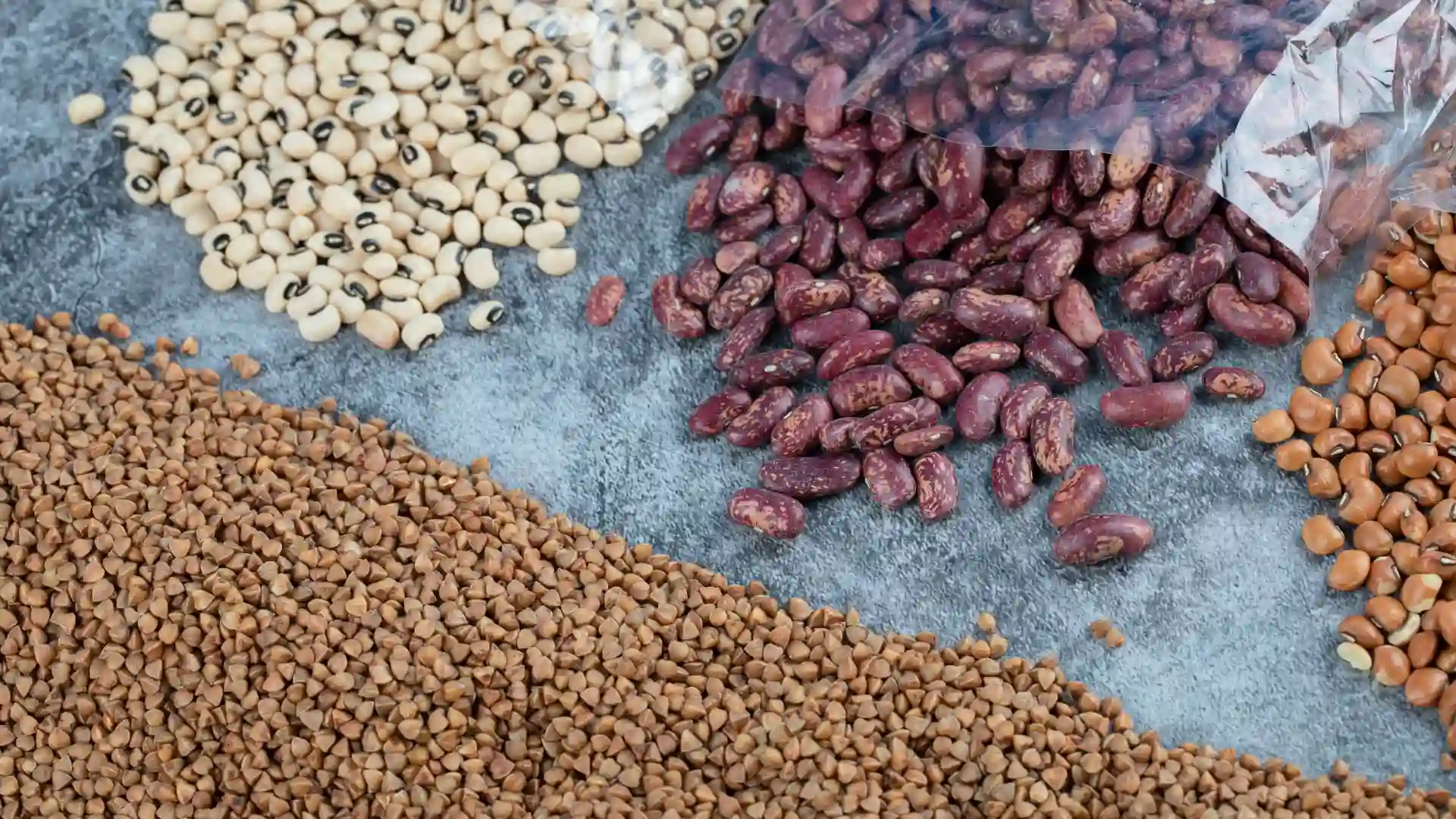
Track progress with simple questions: Do you have more energy? Are you less bloated? Do you sleep better? These matter more than perfect eating every single day.
Your shopping list essentials: Proteins (eggs, chicken, fish), vegetables (frozen or fresh), fermented foods (yogurt, sauerkraut), healthy fats (avocado, olive oil), and whole grains (oats, quinoa).
Skip complicated meal plans with 20 ingredients. Simple combinations of daily recommended foods for gut health work better long-term. Three ingredients per meal is enough.
Week 1 goal: Just follow the framework 5 days out of 7. Week 2: Add one new fermented food. Week 3: Try batch cooking. Small steps prevent overwhelm and build lasting habits.
Final Thought;
Your gut health improves with simple daily choices. Start your morning with warm lemon water and Greek yogurt. Build midday meals around colorful vegetables and lean proteins. End evenings with herbal tea instead of heavy snacks.
Consistency beats perfection every time. You don’t need to eat perfectly 100% of the time. Small changes add up to big improvements in energy, digestion, and mood.

Start with just one meal tomorrow—choose your gut-healing breakfast and build from there.
These daily recommended foods for gut health, backed by nutritionists, can transform your digestive wellness when implemented consistently.

